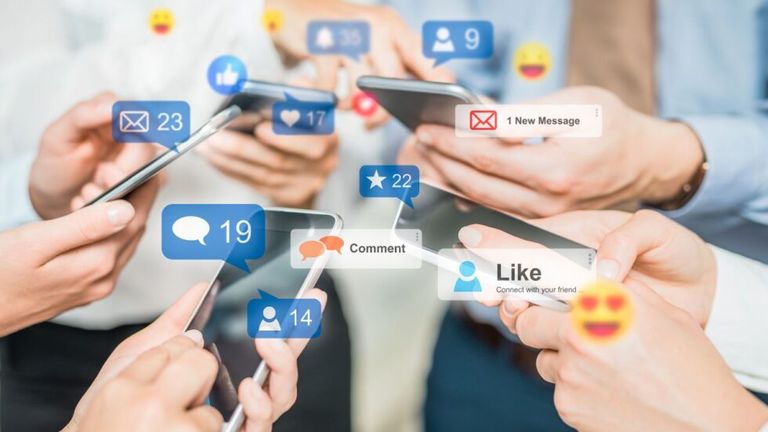
We developed as social creatures, knowing that the form of civilization best suited to our survival was one in which we all functioned as parts of a whole rather than independent pieces. Saving a stranger from a fire or a dangerous flood was simply expected, and while admirable, it was not particularly heroic.
Fortunately as survival became less of a priority for the human species, we began to diverge. We began to be concerned solely with the continued existence of our own gene pool—our family.
But even it began to crumble as the modern era introduced an independent cultural mindset. We're told to look within to discover ourselves, and if that finding leads us away from the group into which we were born, our family, then be it.
Although this contradicts our evolutionary past, a large number of people have found satisfaction by taking this path, making wonderful friends who can meet their social requirements in the same way that their family has. Others, however, slipped into a negative feedback loop of loneliness, a byproduct of our gregarious origins, making it impossible for them to establish friends, resulting in suffering.
Social media as well as the internet were then introduced. It boosted that individualistic attitude many notches, substantially reducing the requirement for bodily interactions. Though at first, it appeared to be the ideal cure for loneliness because it brings the entire world together. That, however, has not been the case. Because we, like most other creatures that live in groups, rely on body language and physical contact to interact with others. The internet versions of societies and friendships bring only transitory satisfaction.
The internet has its advantages, but the preference for virtual relationships over tangible ones in an already individualized society where people are given permission to move outside their basic unit of socializing leaves us with nothing substantial to cling to. In this sense, civilization is gradually but steadily poisoning itself. To survive, we need to form close ties with one another. Because of breakthroughs in medical therapy, our shared physical health does not reflect our societal disease. It is, nonetheless, visible in the global mental health epidemic. Depression and anxiety have reached a fever pitch, and regardless of our best efforts, the numbers continue to climb rapidly. The whole world is becoming more unpleasant.
To avoid the impending tragedy, we must quickly shift the focus of social relationships away from the internet and back to our actual environment. Unless we do so, our own intelligence may strangle us to death.
Upvoted. Thank You for sending some of your rewards to @null. Get more BLURT:
@ mariuszkarowski/how-to-get-automatic-upvote-from-my-accounts@ blurtbooster/blurt-booster-introduction-rules-and-guidelines-1699999662965@ nalexadre/blurt-nexus-creating-an-affiliate-account-1700008765859@ kryptodenno - win BLURT POWER delegationNote: This bot will not vote on AI-generated content